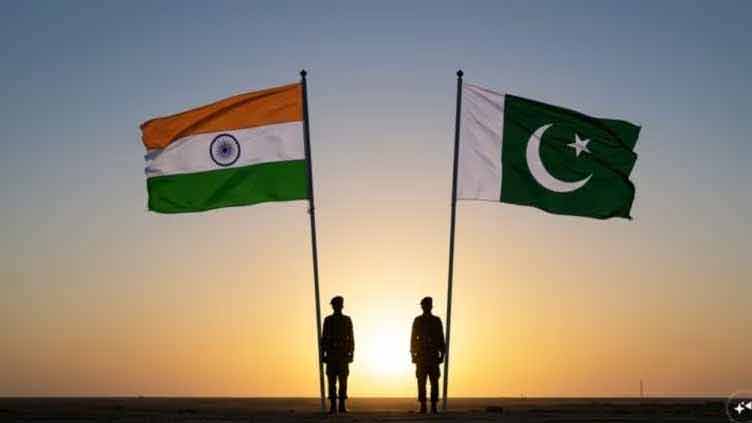Pakistan sets global benchmark for nuclear state in the face of aggression

Pakistan
Pakistan has shown considerable restraint, maturity and responsibility
By Humaira Afzal
Despite India's unnecessary cross-border intrusion that led to the unfortunate assassination of innocent Pakistani citizens - a gross flouting of international law and long-standing norms of sovereignty - Pakistan has shown considerable restraint, maturity, and responsibility as a nuclear-armed country.
Instead of reacting spontaneously, Pakistan chose a calculated and measured response. For three days, the nation practiced strategic patience in the face of increasing domestic and international pressure.
The delay was not due to hesitation, but a deliberate message to the international community: Pakistan sought not war, but a path toward de-escalation. Pakistan has set a global benchmark for nuclear responsibility and strategic maturity.
The Inter-Services Public Relations (ISPR) press briefing on May 9, 2025, prior to its calibrated retaliation against the Indian aggression, was instrumental in informing international opinion.
Presented to global journalists and backed by concise, authenticated imagery, the briefing presented Pakistan's position with clarity and accuracy. It brought attention to the unprovoked nature of the Indian aggression and the sad loss of innocent civilian lives, bolstering Pakistan's moral and legal case.
The proactive outreach communication strategy not just rebutted propaganda but also signaled Pakistan's responsible state action approach. Clarity, restraint, and sincerity in the delivery moved the audience at home and abroad, inducing others to ally politically with it at a point in time of tension.
Also Read: Sanity prevails at last as ceasefire in place
Pakistan's eventual retaliation - accurate, proportionate, and aimed - was calculated to show capability while keeping civilian casualties to a minimum and preventing escalation.
Its response sent a vital message: Pakistan still has the capacity to defend its sovereignty decisively, but it is determined to respect international law and regional stability.
This stance has been comprehensively observed in diplomatic circles. Islamabad's restraint despite overwhelming provocation is consistent with its obligations under international humanitarian law and as a signatory to several global non-proliferation regimes.
The measured delay in its retaliation underscored Pakistan's desire to try diplomatic avenues first and its appreciation for the catastrophic consequences of escalation between two nuclear neighbours.
Read More: Former Indian general showers praise on Pakistan army's agility
The global community, including the United Nations and major world capitals, has recognised this restraint. Numerous voices have demanded immediate dialogue and accountability and called on the two nations to enter into viable conflict resolution forums.
The United States president’s intervening action to bring about a ceasefire confirms the absolute importance of diplomacy and demonstrates concern by the international community over rampant hostilities in South Asia.
Pakistan's reaction to the attack, both military and diplomatic, underscores its reputation as a country that does not take its nuclear role lightly. By placing greater emphasis on regional stability than on revenge, even when attacked directly, Islamabad has tried to remind the world that strategic capacity has to be balanced with strategic sense.


